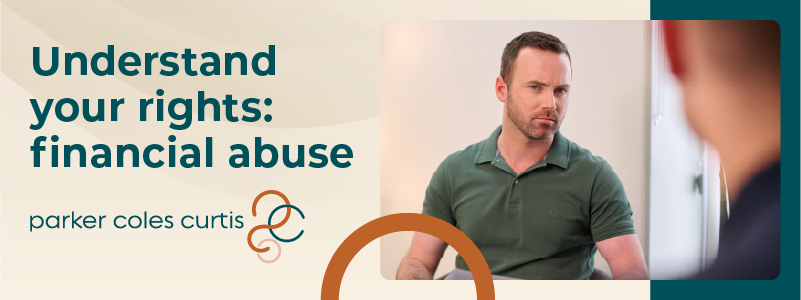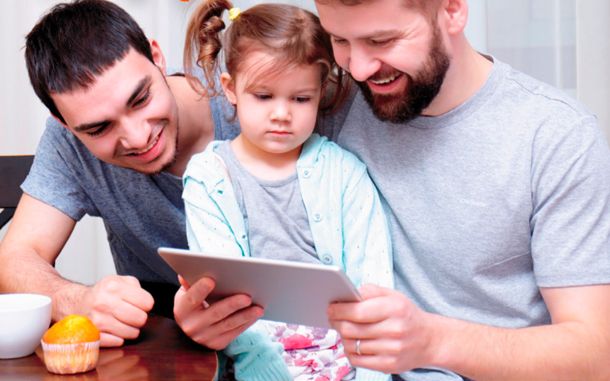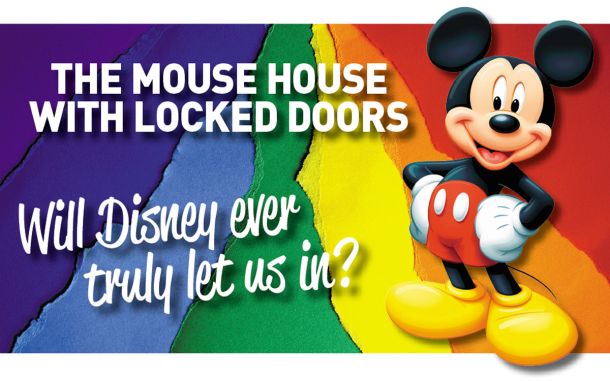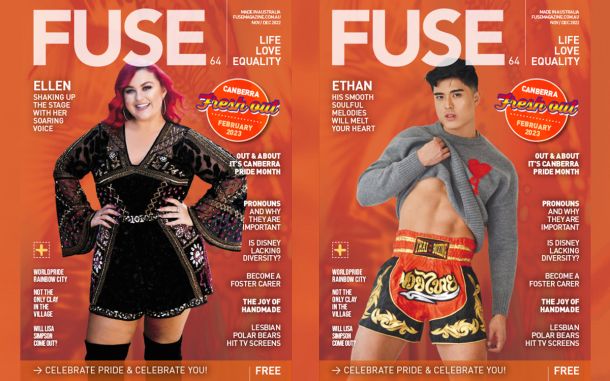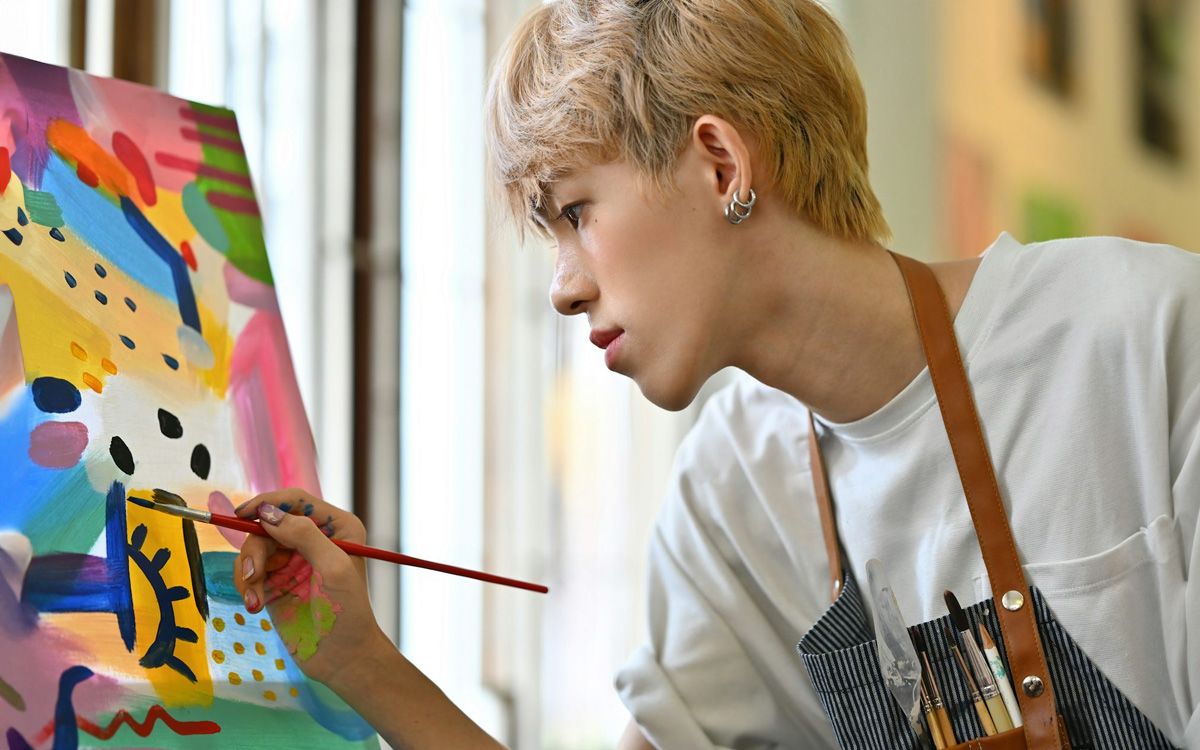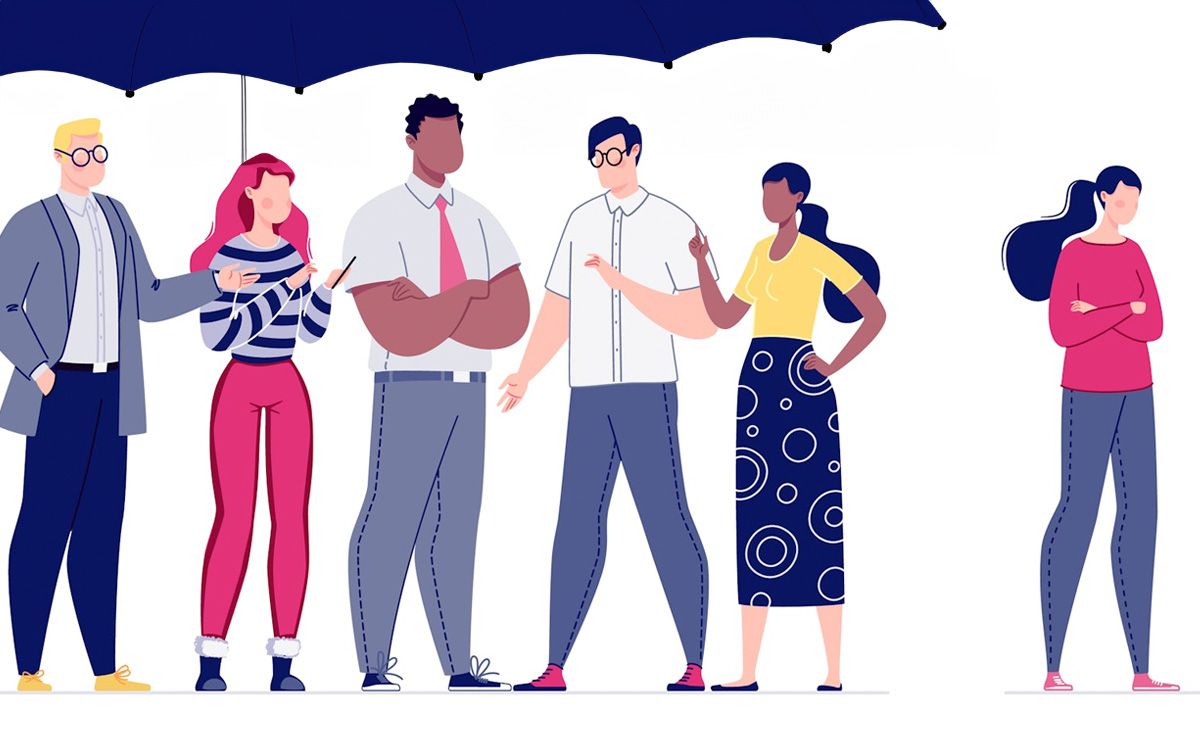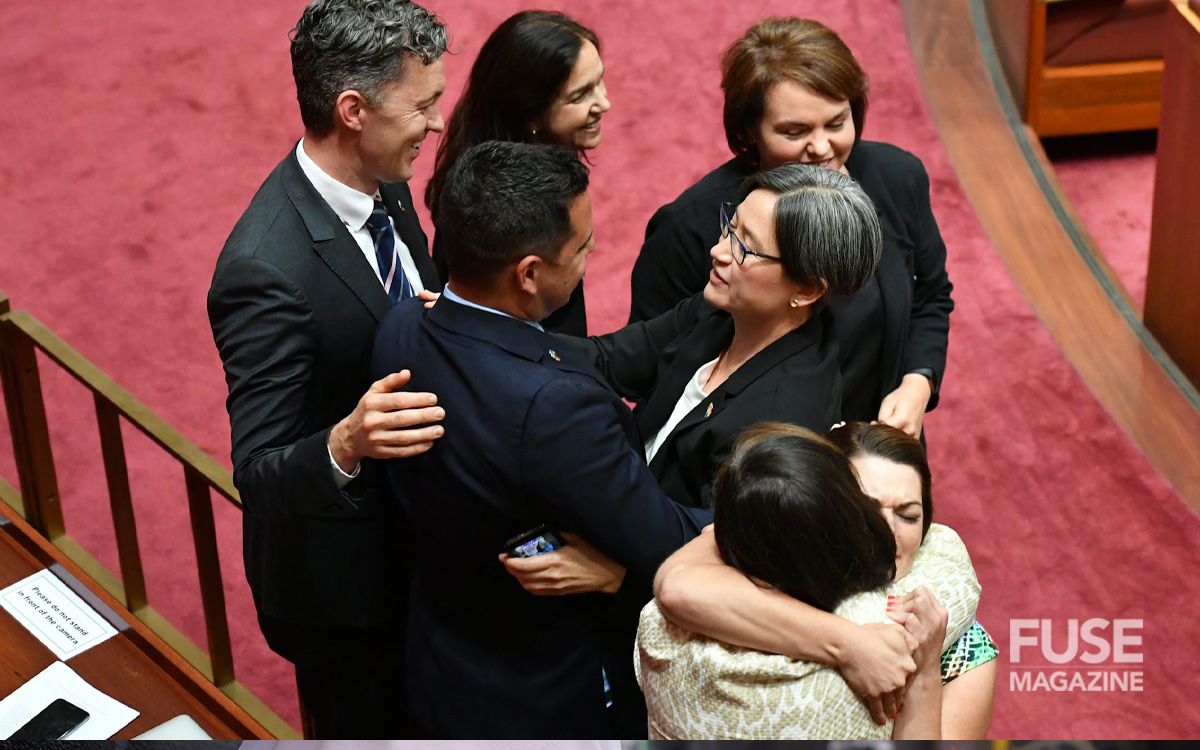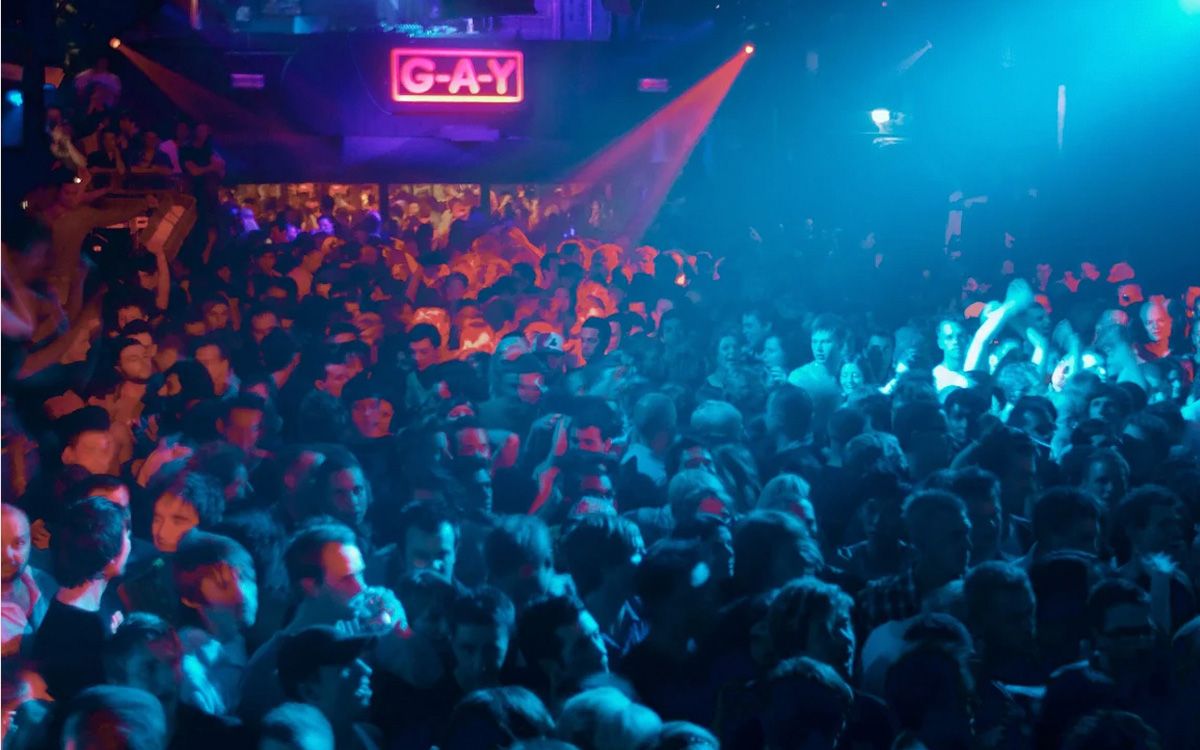Pronouns and why they are important

You’ve probably heard about gender pronouns already; many of us don’t give them a second thought, but for others, they are incredibly important and validating.
Language is a significant part of how we understand and shape the world around us, and the words we choose matter. They can highlight assumptions we make about other people, their presentation, relationships, cultural background, abilities, age and of course gender.
For many people, gender pronouns help them navigate their way through the world and let others know where they are on their journey. Because of this, using correct pronouns is an important way of validating someone’s gender, being respectful and more inclusive with everyday language.
If you’re unsure how pronouns work, here is a simple run down. A pronoun is a word that refers to either the person talking (I), or being talked to (You), or someone/something that is being talked about (like She, It, Them and This). Pronouns like He, She and They specifically refer to the people you are talking about.
She and He are gendered pronouns. She is typically used by female-identifying people. Similarly, He is typically used by male-identifying people. In some cases, both of these are used by people who don’t identify as male or female.
They, Them, and Their are common gender-neutral pronouns. These are pronouns that don’t imply ‘male’ or ‘female’. Gender-neutral pronouns are often used by gender-diverse and non-binary-identifying people.
There are also other gender-neutral pronouns that some people use, like
Ze and Zir. They can take a bit of getting used to, but it’s important to use the right ones even if it feels a bit strange to you. If you’re not sure, politely ask.
We all have personal pronouns, whether it’s She, He, They, or something else. For example, it’s common for gender-diverse people to prefer They or Ze maybe. A female or male identifying person might prefer She or He pronouns, respectively. Pronouns are used every day; which ones do you use?
It’s important to note that you can’t always know what someone’s pronouns are just by looking at them, and assumptions can often be hurtful, but simply asking is the easiest way to find out.
There are lots of reasons why it’s important to use the pronouns that a person prefers. Put simply, though, it can really upset someone when you use the wrong ones. This can be especially true for transgender folk.
If someone happens to use pronouns different from what you might expect, this can be challenging for some people. It is important to note that the person has probably thought long and hard about which pronouns feel right
for them. Sometimes you might need to restructure your use of language to accommodate this.
Sometimes people are misgendered. If you’ve not heard of it, its a term used to describe accidentally or intentionally using incorrect pronouns about or towards a person. It can happen by mistake, and that’s okay; but when it happens intentionally, it’s pretty crappy.
For many people, their pronouns are an essential part of who they are, and by using them, you’re doing your bit to make them feel validated and included. Using pronouns can be tricky and, for some people, challenging. Some can sound pretty strange at first, and changing the words we use in general conversation can be harder than expected. You might not pick it up instantly, but you’ll get the hang of it over time! If in doubt, just ask.
PRONOUN BADGES BY LITTLE TREE STUDIO
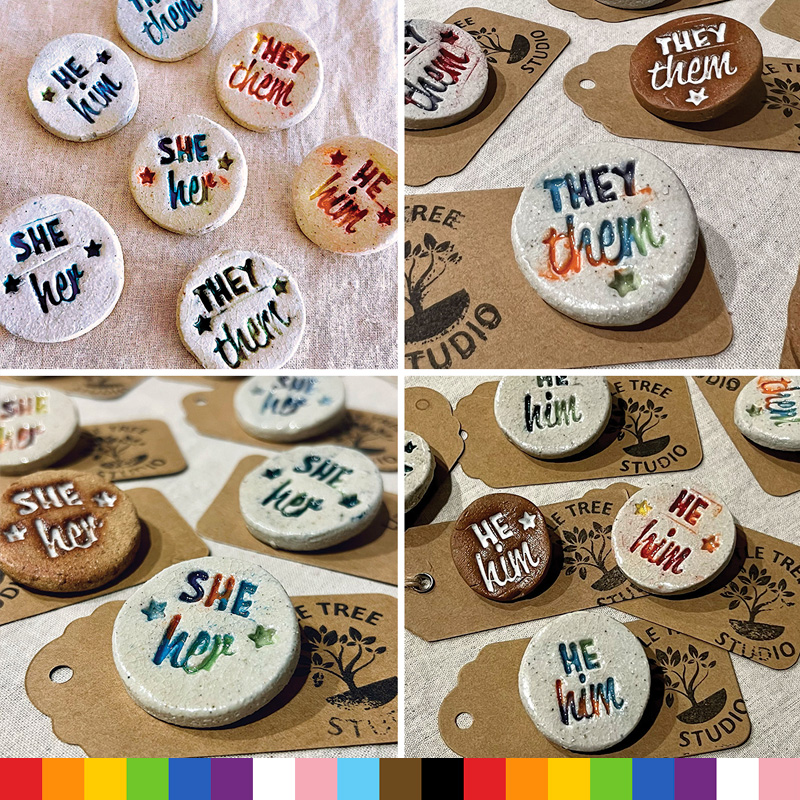
It's time for Pronoun Badges to be beautiful as well as practical. Every one these Ceramic Pronoun Badges by Little Tree Studio is handmade and hand-painted, no one is the same. Yes, diversity is awesome.


